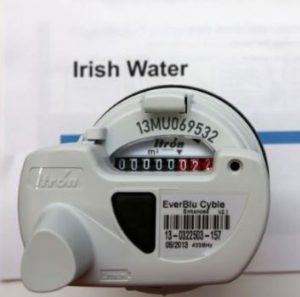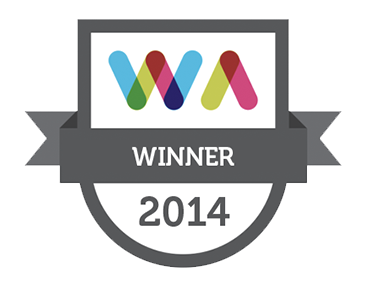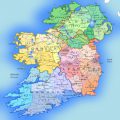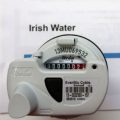
The Future Of Water Charges ?
15 Jun 2016Introduction
This note sets out the current position in relation to water charges. It also looks at the system of paying for water services in Northern Ireland.
Payment of Water Charges
According to Irish Water
- 975,000 customers (64%) paid domestic water charges for services delivered in 2015
- Domestic revenue was €144.2m or 53% of income due from charges for 2015
- Customer revenue reduced from €42.3 to €33.4m from Bill Cycle 3 (30 September, 2015) to Bill Cycle 4 (31 December, 2015).
It is clear that the uncertainty over the future of water charges has reduced compliance.
Fine Gael – Fianna Fáil Agreement on Water Services
The Fine Gael – Fianna Fáil Agreement on Water Services sets out the position concerning the suspension of water charges. Curiously there is no mention of water charges in the Programme for a New Partnership Government.
The position is as follows –
The Government will, within six weeks of its appointment,(17 June 2016) introduce and support legislation in the Oireachtas to suspend domestic water charges for a period of nine months from the end of the current billing cycle. (The current billing cycles is for the period up to 31 March 2016 and the proposed suspension is for the 9 months to 31 December, 2016)
The suspension of domestic water charges will be extended by the Government if this is required and requested by the Special Oireachtas committee on the Funding of Domestic Water Services in order to facilitate the completion of its work and the consideration of its recommendations by the Oireachtas.
The Government will establish within eight weeks of its appointment (1 July 2016) an Expert Commission to make recommendations for the sustainable long-term funding model for the delivery of domestic water and wastewater services by Irish Water. The Expert Commission will endeavour to report within five months of its establishment. (1 December 2016)
The recommendations of the Expert Commission, will be considered by the Special Oireachtas Committee which will endeavour to make its own recommendations to the Oireachtas within a period of 3 months. (1 March 2017)
The recommendations of the Special Oireachtas Committee will be considered and voted upon by the Oireachtas within a one month period. 1 April 2017)
Draft Terms of Reference for the Expert Commission
An Expert Commission will be set up to assess and make recommendation upon the funding of domestic water services in Ireland and improvements in water quality, taking into account:
- The maintenance and investment needs of the water and waste system on short, medium and long-term bases;
- Proposals on how the national utility in State ownership would be able to borrow to invest in water infrastructure;
- The need to encourage water conservation, including through reviewing information campaigns on water conservation in other countries;
- Ireland’s domestic and international environmental standards and obligations;
- The role of the Regulator; and
- Submissions from all interested parties.
The Commission will be empowered to commission relevant research and hear evidence to assist this work. The Commission shall endeavour to complete its work within five months.
Water Charges in Northern Ireland
One of the options which the Expert Commission is likely to consider is the system of water charges in Northern Ireland.
In Northern Ireland (NI) there are no direct water charges to households, only to businesses connected to the water supply. Instead, households pay for water through their domestic rates. Domestic rates are a property tax that consists of two components: the district rate and the regional rate, which are both set annually. The eleven district councils set the district rate, while the NI Assembly sets the regional rate. The domestic rates are based on the capital value of the property on 1 January 2005, as calculated by the Land and Property Services. There is a maximum capital value of £ 400,000. (€512,000)
Consumers pay an average of £160 per year (€205) towards water through the regional rate component. The average rates charge was £825 in 2014/15 (approx. €1,056).
The government-owned company Northern Ireland Water (NI Water) is responsible for the supply of water services. The NI Department of Regional Development paid NI Water £280 million in 2014/15 to cover the cost of providing water services to domestic customers. For 2016/17 regional rates were increased by 1.7% in in line with inflation.
Conclusion
One of the advantages of the Northern Ireland system if introduced here would be that it would significantly improve compliance. Payment for water would be integrated with the local property tax which is collected by the Revenue Commissioners who achieve compliance rates of 97 %.
A disadvantage is that payment would no longer vary with use thereby losing any incentive to conserve what is a valuable resource.






